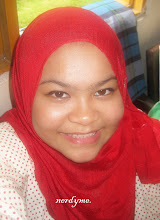image from google.
William Shakespeare, baptised on 26 April 1564 and died on 23 April 1616 but his arts remain alive. It is a timeless collection.
Want to know his biography?
Go to : Wikipedia.
One of my favourite sonnet of his is
Sonnet 130
My mistress' eyes are nothing like the sun;
Coral is far more red, than her lips red:
If snow be white, why then her breasts are dun;
If hairs be wires, black wires grow on her head.
I have seen roses damasked, red and white,
But no such roses see I in her cheeks;
And in some perfumes is there more delight
Than in the breath that from my mistress reeks.
I love to hear her speak, yet well I know
That music hath a far more pleasing sound:
I grant I never saw a goddess go,
My mistress, when she walks, treads on the ground:
And yet by heaven, I think my love as rare,
As any she belied with false compare.
The main theme of this sonnet is love. A true love. The persona describes his mistress and express his love to her unconditionally. Love is blind. Beauty is in the eyes of beholder. When you love someone, you will accept her or him no matter what and that is what this sonnet is trying to portray. The persona truly know his love that he can describe so much about her but still love her. It is better to truly know someone and love him or her than to love someone that you do not really know. To love is to know.
How sweet isn't it? I wish someone could portray his love to me in such a beautiful poetry. :)
shikin hasnan.



















